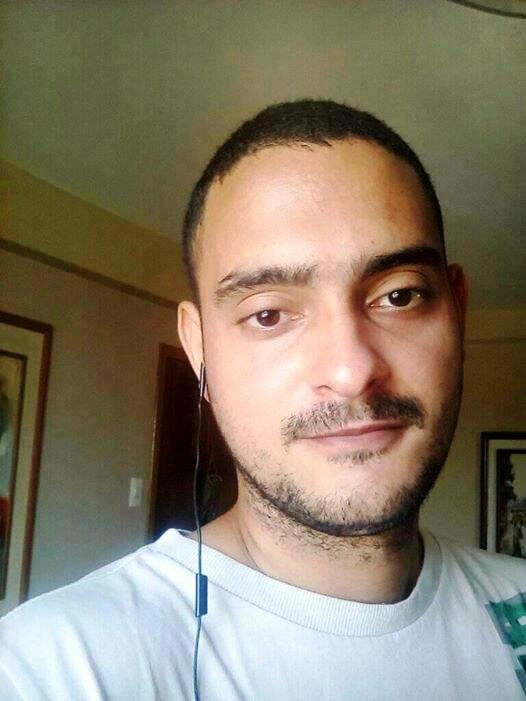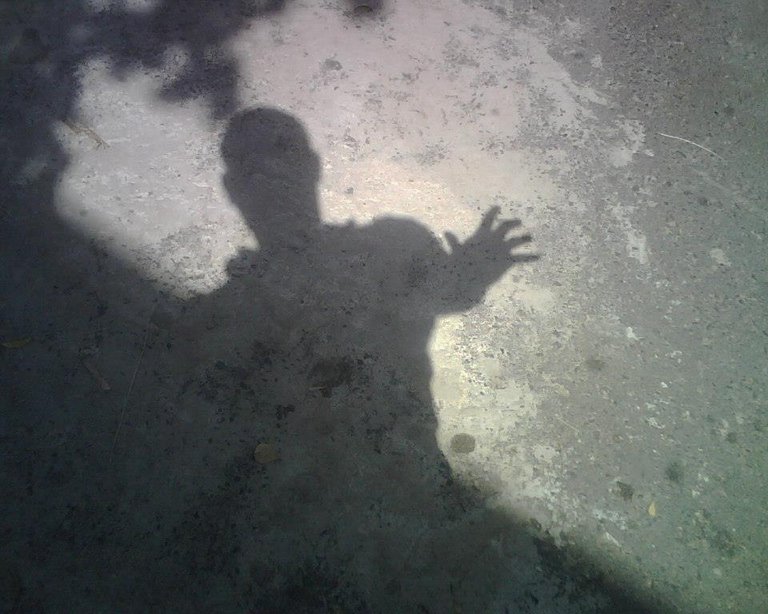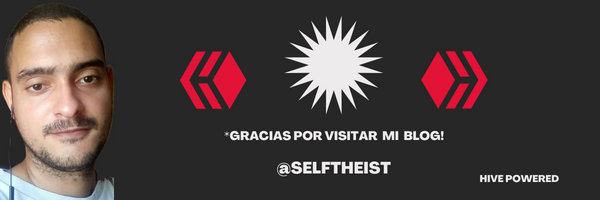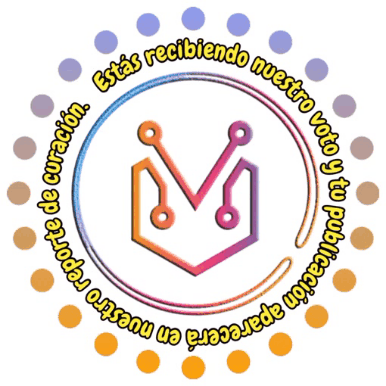
“La gente olvidará lo que dijiste, la gente olvidará lo que hiciste, pero la gente nunca olvidará cómo la hiciste sentir”
Maya Angelou
Las preocupaciones diarias constantemente nos desvían de reflexionar sobre el efecto que tienen nuestras palabras, acciones y pensamientos.
Me gustaría invitarte a venir conmigo a un profundo viaje, estimado lector. Un viaje de felicidad, de terror, de maravillas. Un viaje que se ha hecho durante muchas generaciones.
En este momento tengo 34 años. Soy hijo de un padre y una madre, quienes a su vez también tuvieron padres y así infinitamente. Sé que esto es obvio en teoría pero, la carga emocional que se ha transmitido durante millones de años es incalculable y esa carga viene con fuerza, por el momento contigo o conmigo.

Mi padre fue el mayor de 12 hermanos. Como imaginarás fue una vida difícil porque eran muchas bocas que alimentar en medio de una relación disfuncional entre mis abuelos. La pasaron difícil, hasta rayar en la pobreza extrema, pero juntos lograron salir adelante aprovechando las oportunidades del momento. Alcanzaron tal estabilidad económica que lograron ser dueños de sus propios negocios, pero quedaron heridas. Debido a una crianza emocionalmente ausente y difícil, mi padre desarrolló dificultad para ser vulnerable, especialmente en presencia de las mujeres debido a la ausencia emocional de mi abuela.
¿Cómo se consolidó eso en mí?
Yo soy el menor de 3 hermanos. Mi padre, nos transmitió esa desconfianza hiriente, así que nosotros también formamos nuestras propias heridas respecto a nuestras relaciones interpersonales con parejas y amigos. Pero a su vez también implantó en nosotros la necesidad de salir adelante y de planear con cuidado una vida abundante materialmente, aunque con demasiado ahínco porque la herida de la pobreza incluso hoy lo atormenta. La fidelidad a la familia también se hizo fuerte en él y por eso, también todos nosotros guardamos dentro de nosotros un aprecio instintivo con nuestros familiares.


Mi madre fue la mayor de 4 hermanos. Nunca estuvo en contacto directo con la pobreza como mi padre lo estuvo, pero sí tuvieron algo en común. Una crianza emocionalmente ausente y distante. Mis abuelos por parte de madre eran gente trabajadora y sabían que debían de tener una base sólida económicamente para sus hijos... pero como suele suceder en los tiempos pasados, la importancia de una salud emocional no estaba en sus prioridades.
Mi abuelo nunca fue una mala persona, pero le gustaba mucho distraerse en reuniones que además pudieran incluir alcohol y televisión. Nunca supo como contactar profundamente con sus hijas. Mi abuela era una persona que con mano de hierro mantenía el orden en el hogar, pero tampoco sabía como contactar profundamente con los demás. El "deber ser", que cuando se aplica sin amor se transforma en terror. Como resultado, mi madre siempre tuvo una autoestima sensible que compensaba con la excelencia en todo lo que hacía, tanto laboral como en los estudios.
Pero ella fue más allá. Cuando nos tuvo a nosotros, ella decidió revertir los problemas de sus padres. Fue profundamente amorosa con nosotros, pero no pudo hacerlo sin antes repetir viejos patrones hasta que finalmente su voluntad, siempre presente, pudo superar las viejas huellas de su infancia. El "deber ser" siempre fue algo que aún la atormenta, pero gracias a que aprendió del amor siempre fue una fuente de amor tanto para nosotros como para todos los que la rodeaban. Muy raro parece, pero aquellos quienes rompen el molde de su crianza siempre reciben un martillazo pues, mi padre, por sus heridas, deseó para él absorber todo el amor de mi madre y en ese momento no se tomó a bien que invirtiera tanto de el en nosotros, convirtiéndose ultimadamente en un divorcio.
¿Cómo se consolidó eso en mí?
El amor de mi madre fue muy importante para que nosotros como hijos pudiéramos desarrollar una buena autoestima. Sin embargo, mi hermano mayor recibió la peor parte cuando, intentando cambiar, ella no pudo evitar primero imitar la fuerte necesidad de control de mi abuela. De modo que, en orden, el más amoroso y sensible de los tres hermanos soy yo a medida mi madre pudo practicar mejores hábitos.

¿Qué hice con lo que hicieron de mí?
Lo que más me ha costado cambiar ha sido la influencia combinada de mis padres respecto a la sinceridad emocional. Para ellos, mostrarse vulnerables ha sido difícil, de modo que también lo es para mí. Mucho debí ejercitar el autoestima y el amor propio, para desafiar al fantasma del orgullo, la prepotencia o del "deber ser". Todo se trata de equilibrio en realidad. El comprender que para ser feliz es necesario encontrar el balance en todas las áreas de nuestra vida.
Sin embargo, como le pasó a mi madre, romper mi molde también me valió un martillazo, porque siempre es fácil interactuar con aquellos que poseen las mismas heridas y estar de acuerdo respecto a quien odiar y a quien no. A quien amar y a quien no. Aprender a ser vulnerable te permite amar en una profundidad que no conocí durante mucho tiempo y gracias a eso pude también desafiar a mis mayores oponentes en esta vida: La ansiedad y la depresión.

La iniciativa
Desde luego, este estudio no se trata de buscar culpables ni de buscar defectos. Se trata de un ejercicio de autoconocimiento. Para comprendernos a nosotros mismos es necesario una sabia reflexión histórica y familiar. Simplemente, no puedes encontrar una respuesta si no tienes una pregunta y, la más sagrada de todas para mí ha sido:"¿Por qué soy así?".
¿Te gustaría intentarlo conmigo?
Has tu propio estudio familiar relatando brevemente las vidas de tus padres, sus fortalezas y debilidades considerando de qué manera se transmitieron a ti. ¿Cómo te va con eso? ¡Tal vez alguien que esté luchando con las mismas heridas se beneficie de tu experiencia! Y desde luego no olvides etiquetarme porque me encantaría muchísimo aprender de ti.
Un saludo amoroso y fraterno a esta preciosa comunidad. ¡Cuan importante es el desarrollo personal!
"Sin duda, el mejor regalo que le puedes dar al mundo es el de tu propia transformación" - Lao Tse
Imágenes propias



"People will forget what you said, people will forget what you did, but people will never forget how you made them feel."
Maya Angelou
Daily worries constantly divert us from reflecting on the effect our words, actions, and thoughts have.
I would like to invite you to come with me on a deep journey, dear reader. A journey of happiness, of terror, of wonders. A journey that has been made for many generations.
At this moment I am 34 years old. I am the son of a father and a mother, who in turn also had parents and so on infinitely. I know that this is obvious in theory, but the emotional charge that has been transmitted for millions of years is incalculable and that charge comes with force, for the moment with you or with me.

My father was the eldest of 12 siblings. As you can imagine, it was a difficult life because there were many mouths to feed amid a dysfunctional relationship between my grandparents. They had a difficult time, bordering on extreme poverty, but together they managed to get ahead by taking advantage of the opportunities of the moment. They achieved such economic stability that they managed to own their businesses, but they were injured. Due to an emotionally absent and difficult upbringing, my father developed difficulty being vulnerable, especially in the presence of women due to my grandmother's emotional absence.
How did that cement itself on me?
I am the youngest of 3 siblings. My father transmitted this hurtful distrust to us, so we also formed our wounds regarding our interpersonal relationships with partners and friends. But he, in turn, also implanted in us the need to get ahead and carefully plan a materially abundant life, albeit too hard because the wound of poverty torments him even today. Fidelity to the family also became strong in him and for this reason, all of us also keep within us an instinctive appreciation for our relatives.


My mother was the eldest of 4 siblings. She was never in direct contact with poverty like my father was, but they did have something in common. An emotionally absent and distant upbringing. My grandparents on my mother's side were hard-working people and they knew they had to have a solid financial foundation for their children... but as often happens in the past, the importance of emotional health was not one of their priorities.
My grandfather was never a bad person, but he liked to be distracted in meetings that could also include alcohol and television. He never knew how to make deep contact with his daughters. My grandmother was a person who maintained order at home with an iron hand, but she also did not know how to make deep contact with others. The "must be", which when applied without love becomes terror. As a result, my mother always had a sensitive self-esteem that she compensated with excellence in everything she did, both at work and in studies.
But she went further. When she had us, she decided to reverse her parent's problems. She was deeply loving to us, but she couldn't do it without repeating old patterns until finally, her ever-present will was able to overcome the old traces of her childhood. The "should be" was always something that still torments her, but thanks to the fact that she learned about love, she was always a source of love both for us and for everyone around her. It seems very strange, but those who break the mold of their upbringing always receive a hammer blow because, due to his injuries, my father wanted to absorb all my mother's love for him and at that moment he did not take it well that I invested so much of it. on us, ultimately becoming a divorce.
How did that cement itself on me?
My mother's love was very important so that we as children could develop good self-esteem. However, my older brother got the worst of it when trying to change, she couldn't help but first imitate my grandmother's strong need to control. So, in order, the most loving and sensitive of the three brothers is me as my mother was able to practice better habits.

What did I do with what they made of me?
The hardest thing for me to change has been the combined influence of my parents on emotional honesty. Being vulnerable has been hard for them, so it's been hard for me, too. I had to exercise a lot of self-esteem and self-love, to challenge the ghost of pride, arrogance, or "should be". It's all about balance. Understanding that to be happy it is necessary to find balance in all areas of our life.
However, as it happened to my mother, breaking my mold also earned me a hammer blow, because it is always easy to interact with those who have the same wounds and agree on who to hate and who not. Who to love and who not. Learning to be vulnerable allows you to love in a depth that I have not known for a long time and thanks to that I was also able to challenge my biggest opponents in this life: Anxiety and depression.

The initiative
Of course, this study is not about finding blame or looking for defects. It is an exercise in self-awareness. To understand ourselves, a wise historical and family reflection is necessary. You simply can't find an answer if you don't have a question, and the most sacred of all for me has been: "Why am I like this?"
Would you like to try it with me?
Do your family study by briefly recounting the lives of your parents, their strengths and weaknesses considering how they were passed on to you. How are you doing with that? Maybe someone else struggling with the same injuries will benefit from your experience! And of course, don't forget to tag me because I would love to learn from you.
A loving and fraternal greeting to this precious community. How important is personal development?
"Without a doubt, the best gift you can give the world is your transformation" - Lao Tzu
Own images






